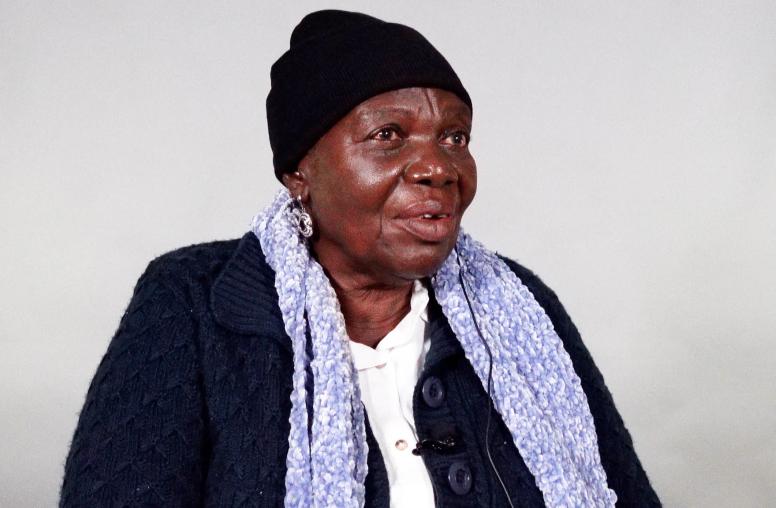Meet Syria’s Rescue Workers: Saving Lives, Building Peace
Read the Event CoverageSyria is the world's most dangerous place to be a civilian. But there is another side to the conflict: those focused on caring for civilians in the conflict are also seeking to build peace. Volunteers are coming to the rescue with no regard for sect or creed. The U.S. Institute of Peace, The Syria Campaign and the Syrian American Medical Society cohosted on September 30 a public discussion, bringing together two of these courageous rescuers to discuss the future of peacebuilding in Syria.
Some 600 Syrians known as “White Helmets” or Syrian Civil Defense units, are organized volunteers who act as rescue workers in areas like Aleppo and Idlib provinces in the country’s northwest. They are unarmed and impartial, and operate on principles on “solidarity, humanity and impartiality,” as laid out in the Geneva Convention. In the six months prior to the panel discussion, they recorded more than 2,500 lives saved. They ran out after barrel bombs have dropped and dig through the rubble, often with their bare hands, in search of life.
The United States Institute of Peace, The Syria Campaign and the Syrian American Medical Society brought together two of these courageous rescuers to discuss the future of peacebuilding in Syria.
Speakers
- Raed Salah
Head of Syrian Civil Defense in Idlib Governorate - Khaled Harah
Member of Syrian Civil Defense in Aleppo City - Dr. Samer Attar
Syrian American Medical Society - Hind Kabawat, Moderator
Senior Program Officer, U.S. Institute of Peace



